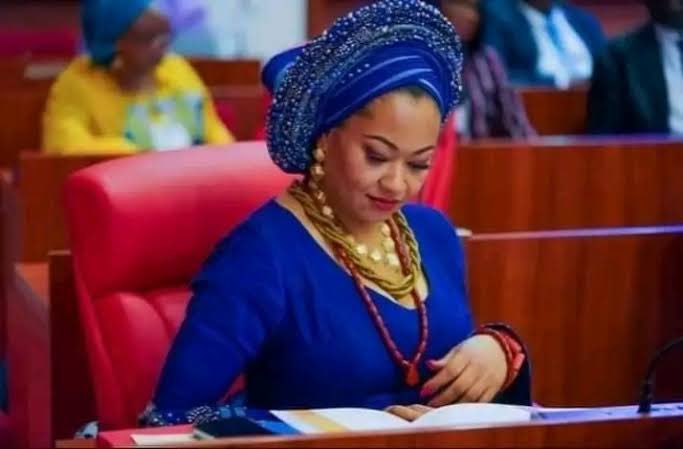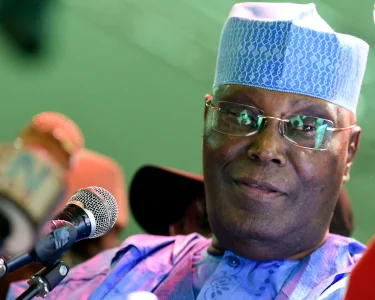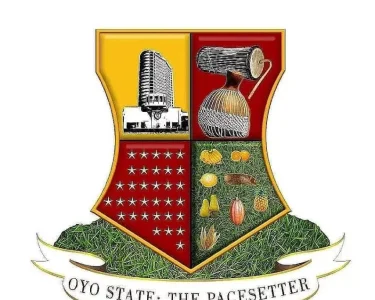Natasha Akpoti-Uduaghan
Senator blocked from National Assembly amid court ruling and Senate resistance
Summary
- Security operatives denied Senator Natasha Akpoti-Uduaghan access to the National Assembly on July 22 despite a court order overturning her suspension
- The PDP senator, suspended in March over sexual harassment claims against Senate President Akpabio, was backed by activists and supporters
- The Senate insists her suspension remains valid, calling the court ruling advisory and citing an ongoing appeal
- The case raises constitutional, gender, and democratic representation concerns, with legal and political battles set to continue
Abuja, Nigeria — There was heightened tension at the National Assembly in Abuja on Tuesday, July 22, 2025, after Senator Natasha Akpoti-Uduaghan (PDP, Kogi Central) was barred from entering the premises by security personnel despite a recent Federal High Court ruling declaring her suspension unconstitutional.
Akpoti-Uduaghan had arrived at the complex around midday, accompanied by prominent activist Aisha Yesufu, civil rights figures, and a convoy of supporters, to resume her legislative duties. However, her vehicle was blocked at the Mopol Gate by officers from the Nigeria Police Force, Department of State Services (DSS), Civil Defence Corps, and the Sergeant-at-Arms.
Refusing to back down, she and her allies continued on foot toward the building but met a second blockade. Yesufu confronted the officers, declaring the action illegal and chanting with supporters as tensions escalated. Viral videos captured the standoff and heavy security presence, drawing widespread attention.
Despite resistance, reports suggest Akpoti-Uduaghan eventually entered the complex on foot, although it is unclear whether she accessed the Senate chamber itself.
Background to the Standoff
The clash follows her March 6 suspension by the Senate over alleged unruly conduct and accusations of sexual harassment against Senate President Godswill Akpabio. The Senate cited breaches of decorum, including speaking without recognition and refusing to occupy her assigned seat. Akpoti-Uduaghan had refused to apologise as demanded by the Senate.
However, on July 4, Justice Binta Nyako of the Federal High Court ruled that her suspension violated the rights of her constituents and lacked legal basis, ordering her immediate reinstatement. The court held that the Senate had overreached its powers, failing to provide a defined suspension limit as required by law.
In response, the Senate claimed the ruling was non-binding, labelling it an “advisory opinion”, and noted it had appealed the verdict. Senator Yemi Adaramodu, Senate spokesperson, said it would await the certified true copy (CTC) of the ruling and the appeal’s outcome before acting.
Reactions and Implications
Akpoti-Uduaghan called the Senate’s actions “contempt of court,” asserting that her legitimacy lies with the people, not the Senate President. She vowed to pursue the case at the Court of Appeal and requested her security details be restored.
On her part, Aisha Yesufu, present at the blockade, condemned the incident, accusing the Senate of undermining the judiciary and acting with impunity.
Civil society organisations and public figures have rallied behind Akpoti-Uduaghan, calling for transparency and respect for judicial orders, while Atedo Peterside described the incident as disrespectful to democratic norms.
Despite all these reactions, the Senate remains defiant, insisting the suspension stands pending judicial clarification, and warning Akpoti-Uduaghan to stay away until September.
Broader Issues at Stake
The confrontation throws into sharp relief several national concerns:
Judicial vs Legislative Powers: The Senate’s defiance raises alarm over institutional accountability, as the Nigerian Constitution (Section 287(3)) mandates compliance with court decisions.
Gender and Representation: Akpoti-Uduaghan’s case highlights the challenges faced by women in politics, especially regarding harassment claims and perceived retaliation. She is one of just four women in the 109-member Senate.
Democratic Representation: Critics argue that her suspension disenfranchised Kogi Central constituents, with courts affirming the Senate overstepped by leaving a district voiceless.
What Next?
With legal proceedings ongoing and public pressure mounting, the outcome of the Senate’s appeal will determine Akpoti-Uduaghan’s fate. Meanwhile, her camp has signalled readiness to deploy “all lawful measures” to enforce the court’s ruling.
The case remains a powerful symbol of the rule of law, gender equity, and the struggle for democratic integrity in Nigeria’s legislature.







